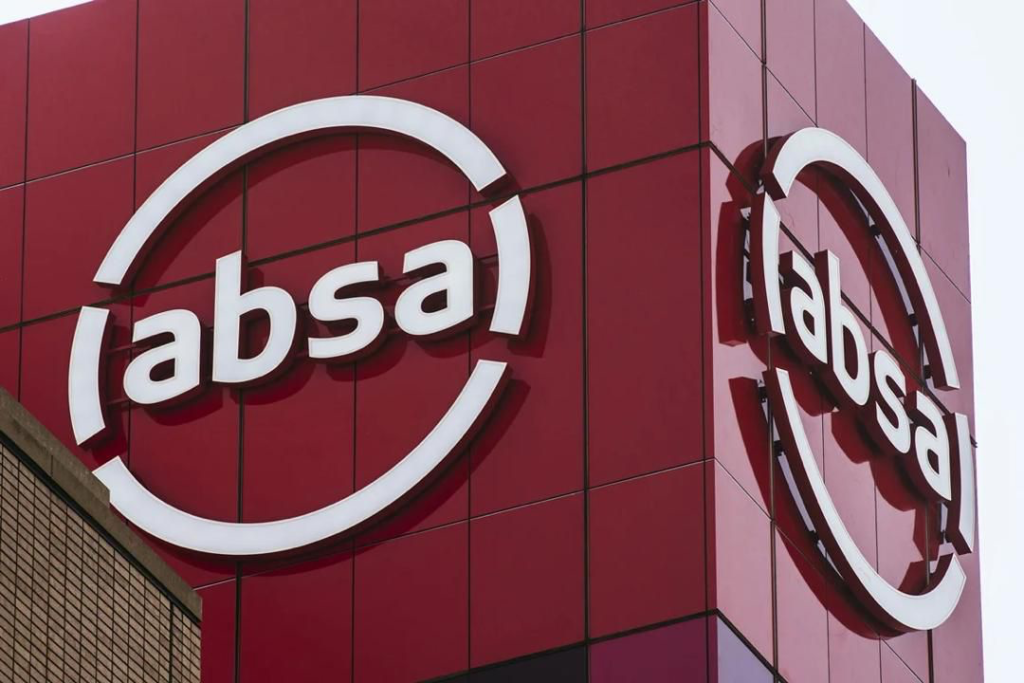Absa, one of Africa’s leading banks, says the Ghana cedi has “rallied too far.”
In a statement titled Ghana Market Insight and released on May 12, 2025, Absa cites the Bank of Ghana’s decision to inject more hard currency into the internbank market as part of the cedi’s recent strong performance.
But the bank believes the local currency, which has suffered years of consistent depreciation, “has rallied too aggressively” in recent months.
“The surge in gold prices and still-elevated cocoa prices have translated to strong export receipts and supported Ghana’s official gross reserves, which have recovered to a multi-year high. In turn, the Bank of Ghana has been able to supply more hard currency to the interbank market, which has driven the exchange rate sharply lower from 15.50/USD a month ago to 13.05/USD currently. At these levels, however, we believe the cedi has rallied too aggressively,” the statement said.
“We expect a partial reversal in the cedi towards 14.00/USD by the end of the year so that the real effective exchange rate achieves purchasing power parity again, thereby keeping exports competitive and attracting more financial inflows. Overall, we expect the GHS to average 14.16/USD in 2025.”
Here are the other highlights of the Absa statement:
The currency has appreciated sharply over the past few weeks
Following two months of stability at 15.50/USD, the cedi has rallied by 19% over the past month to 13.05/USD currently (Figure 1). We believe the rally was fuelled by a combination of buoyant market confidence and increased FX support from the Bank of Ghana (BoG). The BoG has stepped up FX auctions amid a general increase in its official reserves. According to the latest Summary of Economic and Financial Data, Ghana’s net reserves have grown to 3.0 months of imports from 1.8 months a year earlier (Figure 2). This robust growth is partly driven by the BoG’s preference to accumulate gold (which too has seen a price surge) rather than fiat currency. Moreover, with the recent establishment of the Ghana Gold Board (GoldBod), the government has greater control over gold trade and is able to more effectively funnel export receipts into official reserves.
Looking ahead, reserves should be supported by a healthy current account surplus
We believe export receipts will continue to benefit from supportive gold and cocoa prices. The latter have risen (Figure 3) amid expectations of a smaller harvest in the West African region. In particular, output from the Ivory Coast could suffer amid volatile weather conditions. Rainfall levels have been more consistent in Ghana, which has led to a handsome rebound in output after last year’s subdued crop output. Separately, we also expect Ghana’s gold output to improve, for two reasons.
First, several new mines (including the Cardinal-Namdini and Ahafo South mines) are expected to commence production in 2025, according to their owners. Second, the yellow metal is exempt from the latest wave of US tariffs. The heightened uncertainty in global trade has also triggered a flight to safe-haven assets such as gold, driving its price to all-time highs of cUSD3,300/bl in recent weeks (Figure 4). Given these developments,
we now expect the current account surplus to improve to 5.1% of GDP in 2025 from last year’s 4.3%.
Given the prospective inflows, we acknowledge that the cedi should perform better in 2025
Specifically, we forecast that the currency will strengthen from last year’s average rate of 14.50/USD to a 14.16/USD average in 2025. However, the current exchange rate of 13.05/USD seems too strong. Our framework suggests that the Real Effective Exchange Rate (REER) has appreciated to its most stretched level in at least a decade (Figure 5). Relative to the historical average, we estimate that the REER is overvalued by 19%, implying a low degree of competitiveness. To achieve purchasing power parity (PPP) again, we believe the cedi would need to cede some gains and revert towards 14.00/USD by year-end (Figures 6 and 7).


DISCLAIMER: The Views, Comments, Opinions, Contributions and Statements made by Readers and Contributors on this platform do not necessarily represent the views or policy of Multimedia Group Limited.
DISCLAIMER: The Views, Comments, Opinions, Contributions and Statements made by Readers and Contributors on this platform do not necessarily represent the views or policy of Multimedia Group Limited.


